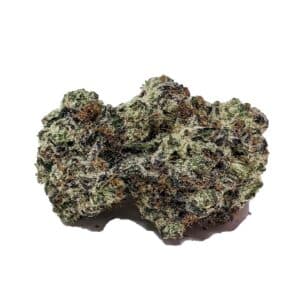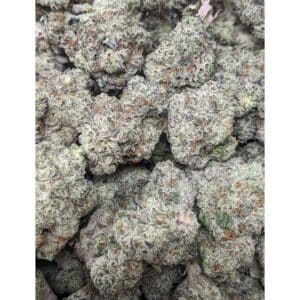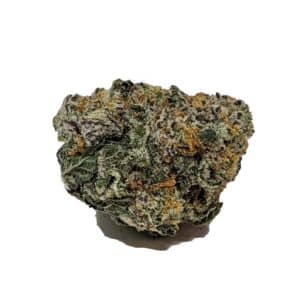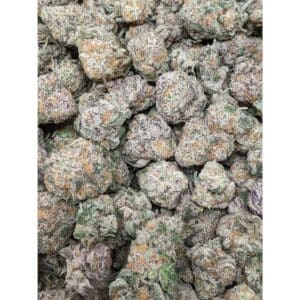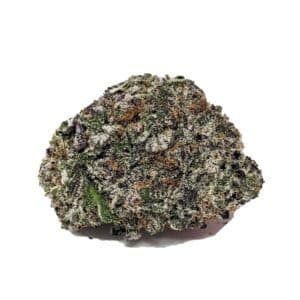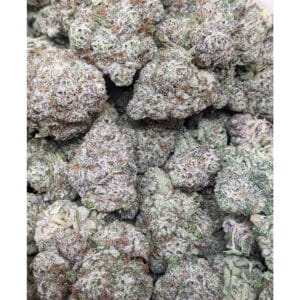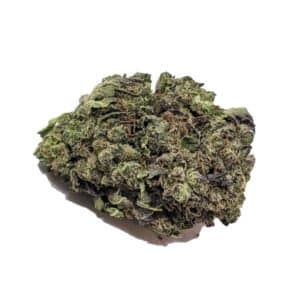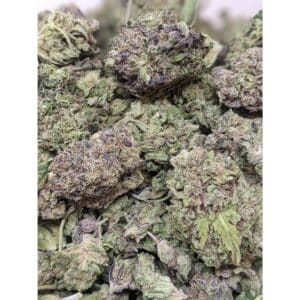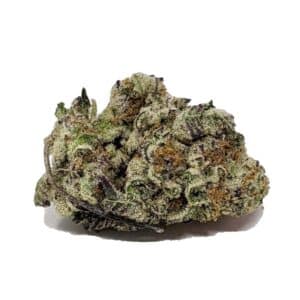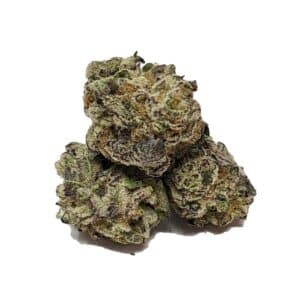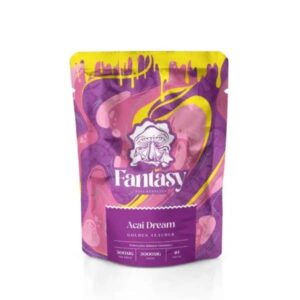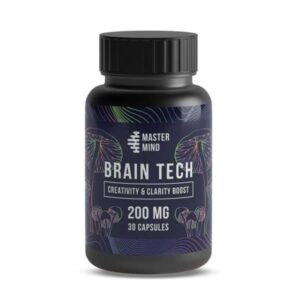Understanding anxiety and its impact on mental health
The potential benefits of cannabis for anxiety
Cannabis, especially compounds like CBD (cannabidiol), has been studied for its potential benefits in managing anxiety:
- Anxiolytic Effects: CBD, a major cannabis cannabinoid, demonstrates anxiety-reducing properties by interacting with brain receptors, influencing neurotransmitter release, and potentially inducing calmness.
- Serotonin Regulation: CBD appears to impact serotonin receptors associated with mood and anxiety, enhancing signaling and potentially alleviating anxiety symptoms.
- Anti-Inflammatory Effects: CBD’s anti-inflammatory properties may contribute to anxiety reduction by addressing brain inflammation linked to anxiety disorders.
- Neuroprotective Properties: CBD’s explored neuroprotective effects may contribute to anxiety management by shielding the brain from oxidative stress and inflammation.
- Sleep Improvement: Some individuals report enhanced sleep quality with cannabis products high in CBD, particularly beneficial for those experiencing anxiety-related sleep disturbances.
Different strains of cannabis and their effects on anxiety
How to safely and responsibly use cannabis for anxiety relief
To achieve anxiety relief with cannabis, adopt a cautious and responsible approach by following these guidelines for a safe and positive experience:
- Start low and go slow: If you’re new to cannabis or have a low tolerance, initiate with a small CBD dose. Gradually increase as needed to discover the optimal anxiety relief level.
- Choose the right consumption method: Cannabis is available in various forms like smoking, vaping, edibles, and oils, each with distinct onset times and durations. Experiment with methods to find what suits you best.
- Consider the timing: Plan cannabis use when you have sufficient time to relax. Avoid using it before crucial tasks to fully enjoy its anxiety-relieving benefits.
- Be mindful of interactions: Consult your healthcare provider before combining cannabis with medications, especially anti-anxiety drugs. Some medications may interact with cannabinoids, impacting efficacy or causing adverse effects.
- Keep a journal: Maintain a record of cannabis use and its effects on anxiety symptoms. Note strains, dosage, and feelings, guiding the development of an effective cannabis regimen tailored to your needs.






